Frederica Freyberg:
A “first look” this week at illegal voting in Wisconsin. The Wisconsin Election Commission report released this week shows that there were more than 60 cases of 17-year-olds illegally voting in the spring presidential primary. The confusion centered around whether 17-year-olds could vote in the primary if they turned 18 by the November general election. In 21 states and the District of Columbia they can, but not in Wisconsin. More than 29 counties reported 17-year-olds casting ballots, a huge surge compared to previous elections. Those cases have been turned over to county prosecutors. Some have decided not to file charges. Some sent letters of reprimand and some counties are still considering charges. Joining us this week is Michael Haas, Wisconsin Elections Commission Administrator. Thanks for being here.
Michael Haas:
Nice to be here.
Frederica Freyberg:
How did you learn that these 17-year-olds had voted?
Michael Haas:
Well, we initially learned on election day. We started to receive calls. Questions from either voters about whether or not they could vote or from clerks about what was going on at the polls. Eventually our statewide voter registration database requires clerks to enter voter participation for everybody who votes, and then their voter registration would indicate their date of birth and that’s how we can use that data to detect whether or not they’re eligible to vote.
Frederica Freyberg:
So how unusual is this?
Michael Haas:
Well, it’s a first for Wisconsin. As you mentioned, some states allow 17-year-olds to vote at the presidential primary and that’s why it’s a little bit unique. The thought was or the theory was if I'm going to be 18 at the time of the November general election, I should be able to vote at the primary. So this is pretty unusual.
Frederica Freyberg:
And describe how you think it happened that these 17-year-olds thought this was okay here.
Michael Haas:
Well, I think a couple things happened. What we were hearing is that there were things on social media. Some campaign supporters were pushing this theory, because it was allowed in some other states, I believe in Iowa, one of our neighboring states. And so that just grew through social media. I think some of the 17-year-olds showed up at the polls then and were pretty insistent that they could vote. As you may recall, it was a pretty high turnout for that presidential primary and some of the poll workers I think felt a little bit overwhelmed and thought this was plausible and they allowed them to vote.
Frederica Freyberg:
Well, that brings up a couple of questions. I guess the first, is more education required, both for voters and for election workers at the polls?
Michael Haas:
I think that’s a fair point. When we train, we start with the basics, that one of the voter qualifications is you need to be 18 to vote. We haven’t really gone to the next vote of you can vote if you’re 17 or 16, it would seem to — but, as I said, when you’re poll workers and you have a line in front of you and you’re trying to move people through, they don’t always have time to check exactly what the rules are. And absolutely for the voters, especially for a presidential primary, it’s something we should be emphasizing more.
Frederica Freyberg:
With voter ID, is an election worker, will they now be required to look at that age?
Michael Haas:
It's a good point. Under the photo ID law, — the age is something that is marked on the voter registration form when somebody registers to vote and they sign, they certify that they’re qualified to vote, including being 18. The photo ID law is very specific. The poll workers are to look at the photo, the signature, the name and to ensure that the photo ID is not expired but they do not look at the birth date at that stage.
Frederica Freyberg:
Can 17-year-olds in Wisconsin register to vote if they are going to be 18 by election day?
Michael Haas:
Absolutely. We encourage them to register as long as they will be 18 at the time that they vote. Then they can register while they’re 17.
Frederica Freyberg:
That does seem a little confusing.
Michael Haas:
It could be, yes.
Frederica Freyberg:
It also shows the careful work that election officials have to do and meanwhile I understand the governor’s proposed budget would cut some positions in your commission. How many and what might that mean?
Michael Haas:
Well, the proposal is to reduce our staff by four. To put it into context, the elections agency in the state of Wisconsin has used federal funds for the majority of its budget for over ten years now. Those federal funds are expiring. And so the governor’s budget proposal does include transferring most of those positions that are federally funded to state GPR funds, which is great for the agency. It’s great news because it puts us on a more stable funding platform going forward. But the governor’s proposal also is to fund 16 of those federally-funded positions rather than 22. Our commission met this week and directed our staff to continue to advocate with the legislature to try to reinstate six of those positions. We have 31 total positions in our agency. So it’s a significant reduction for a small size agency. I would also note that in this current budget our staff was reduced by four. So in total that would be ten fewer positions out of about 35 originally.
Frederica Freyberg:
So seems like you have a lot to do and fewer people to do it with.
Michael Haas:
Exactly. Both the Legislature and Congress continue to require more of elections administrators, both at the state and local level, and that takes staff and resources to be able to accomplish those things.
Frederica Freyberg:
We need to leave it there. Thank you very much.
Michael Haas:
Thank you.
Search Episodes

Donate to sign up. Activate and sign in to Passport. It's that easy to help PBS Wisconsin serve your community through media that educates, inspires, and entertains.
Make your membership gift today
Only for new users: Activate Passport using your code or email address
Already a member?
Look up my account
Need some help? Go to FAQ or visit PBS Passport Help
Need help accessing PBS Wisconsin anywhere?

Online Access | Platform & Device Access | Cable or Satellite Access | Over-The-Air Access
Visit Access Guide
Need help accessing PBS Wisconsin anywhere?

Visit Our
Live TV Access Guide
Online AccessPlatform & Device Access
Cable or Satellite Access
Over-The-Air Access
Visit Access Guide
 Passport
Passport


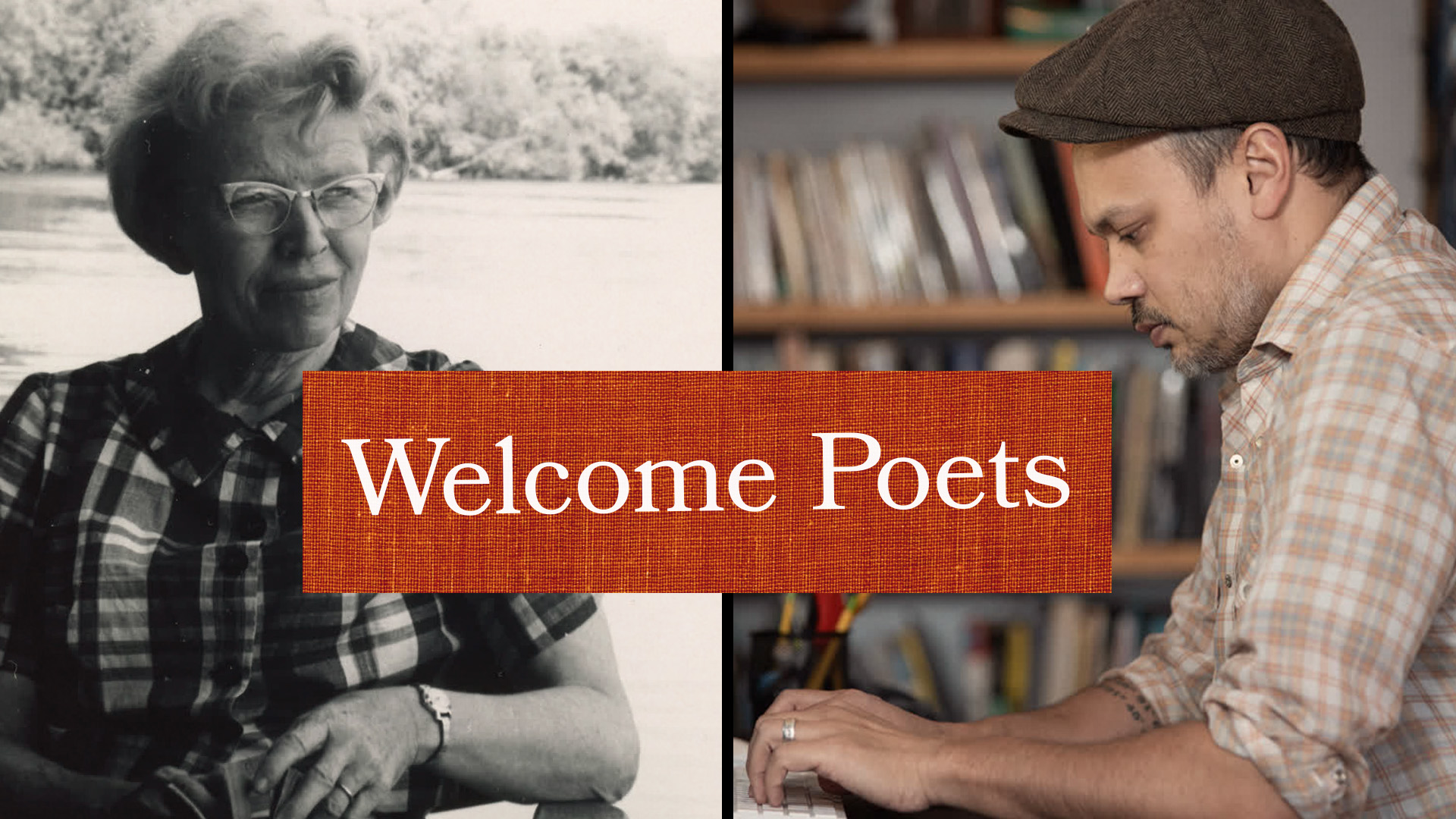
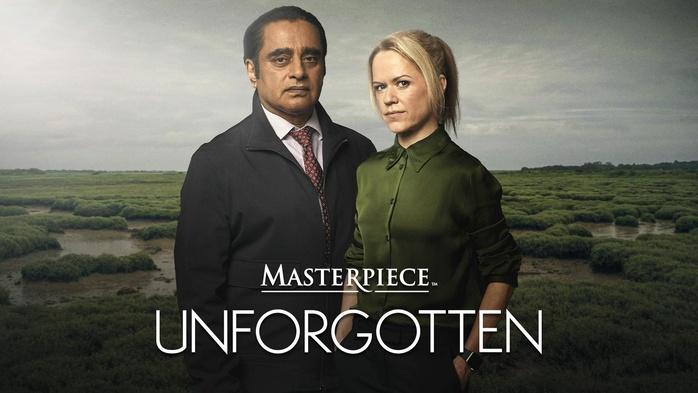

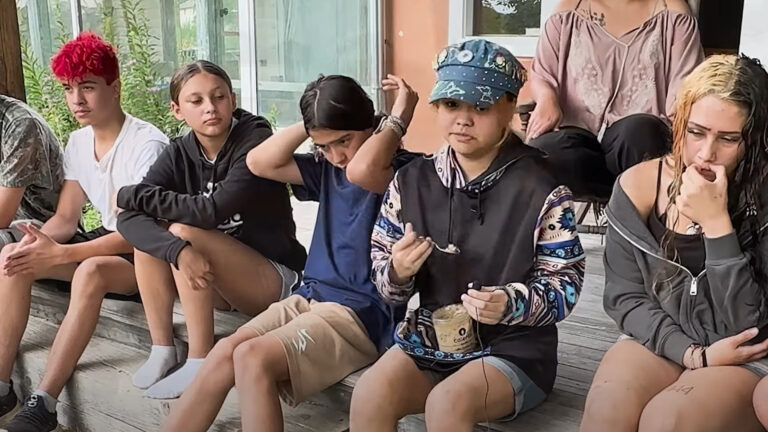
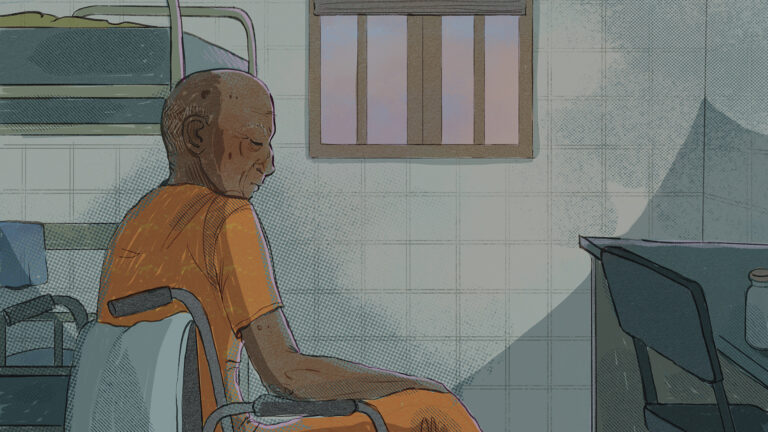
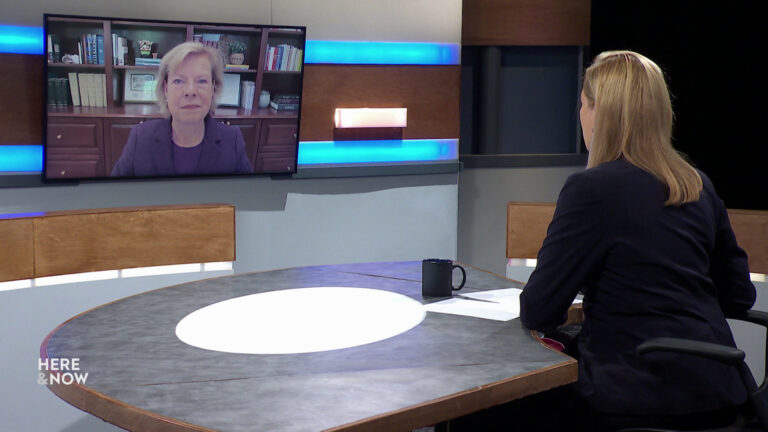
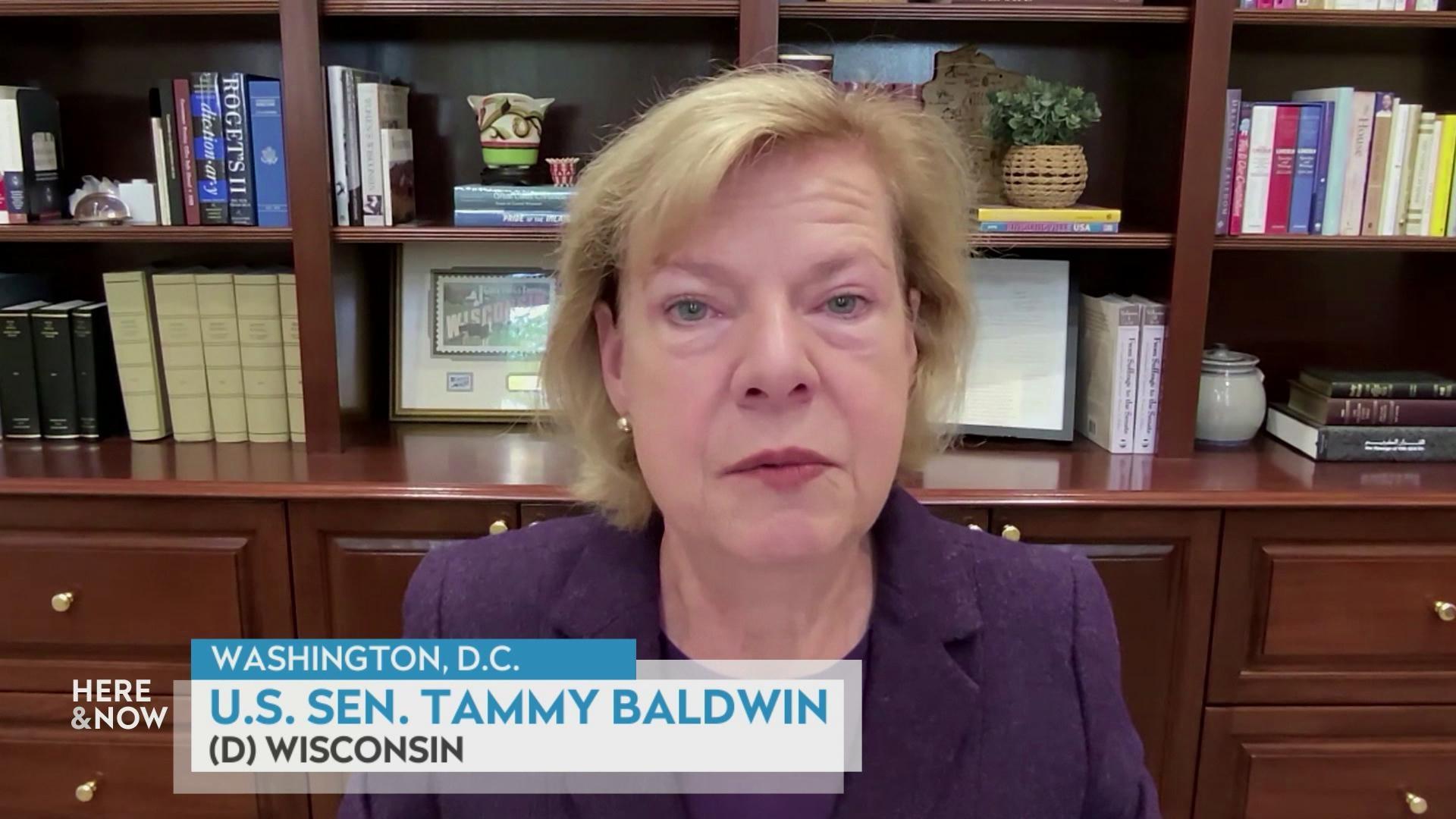
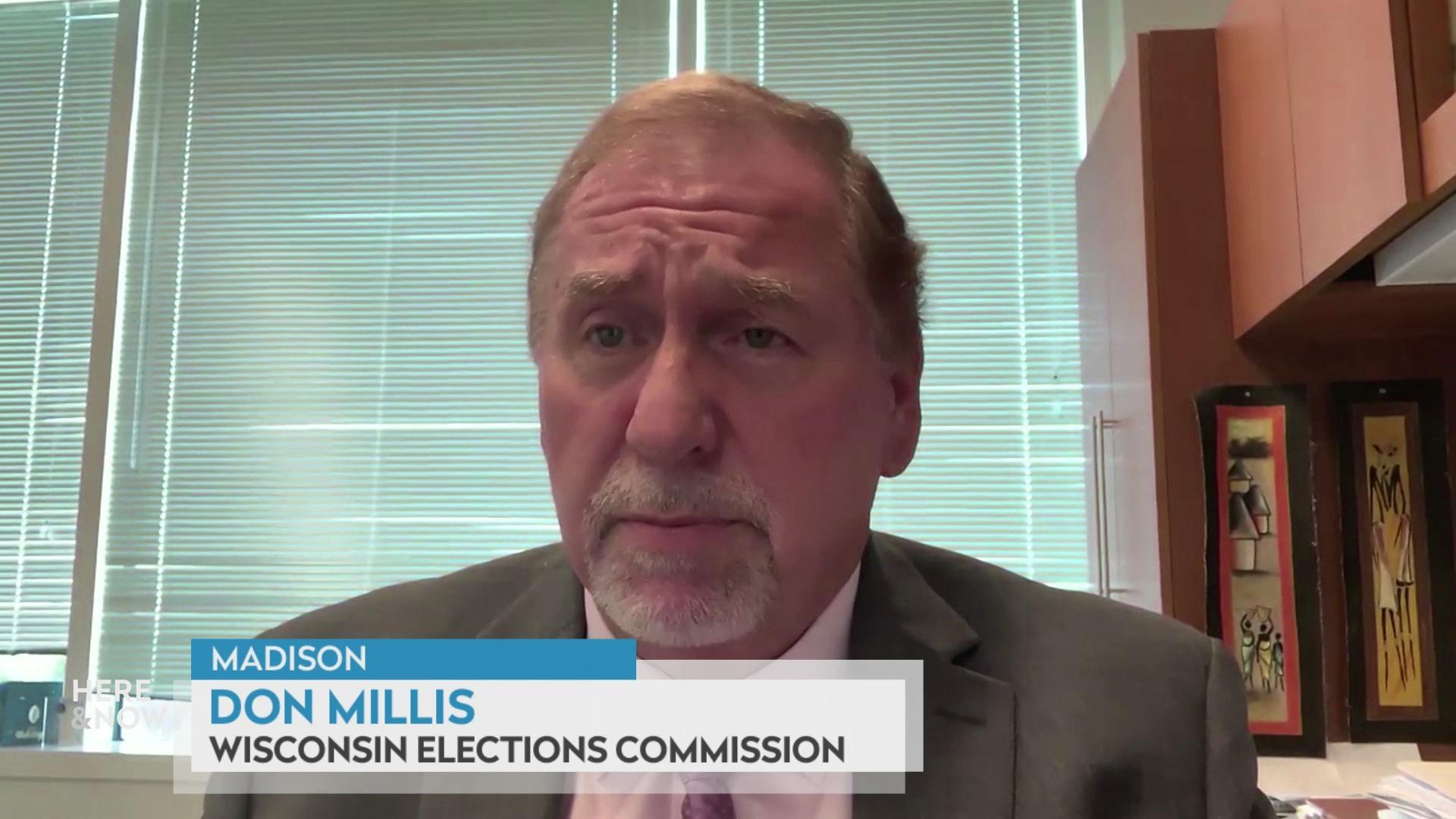
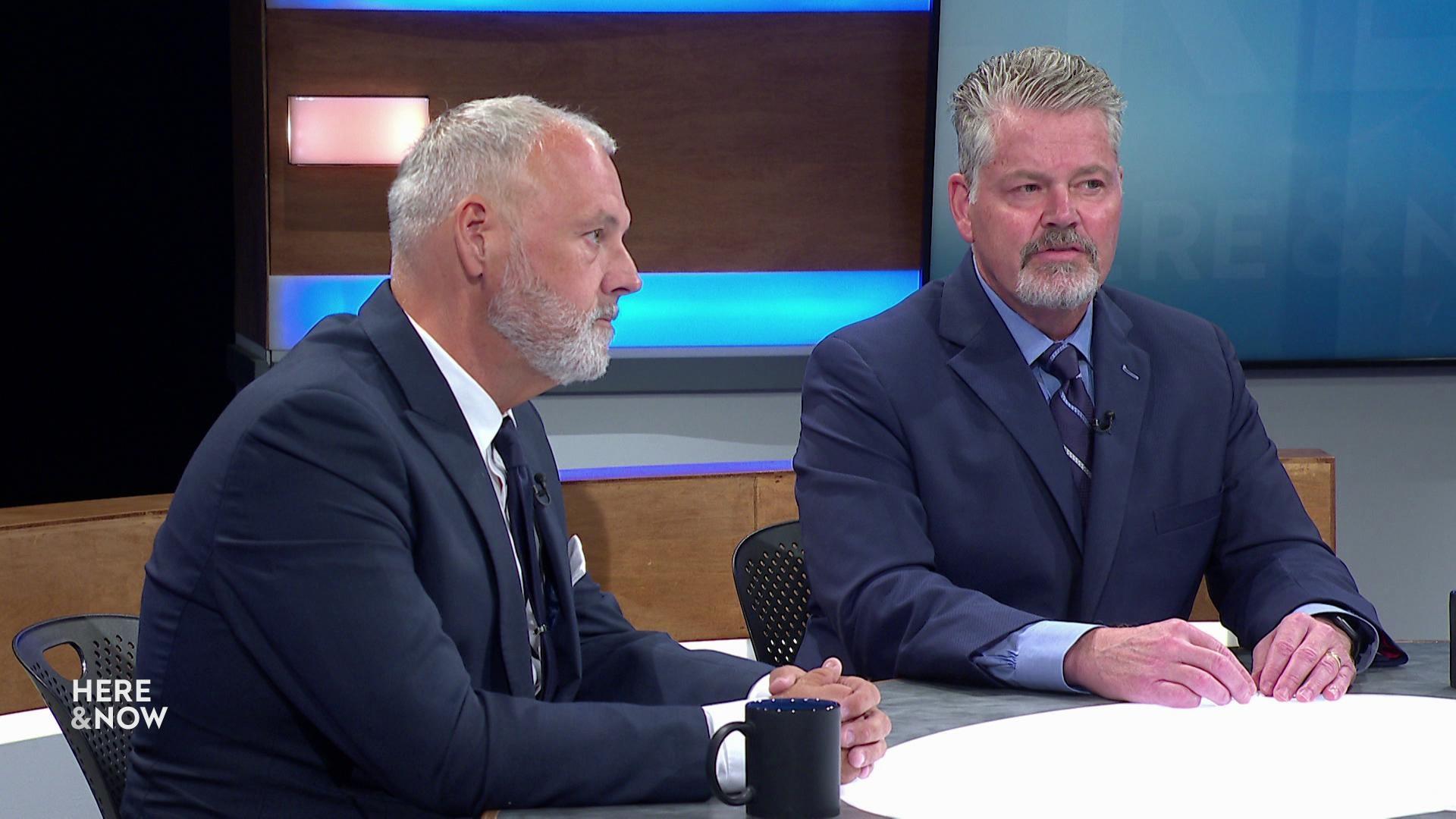
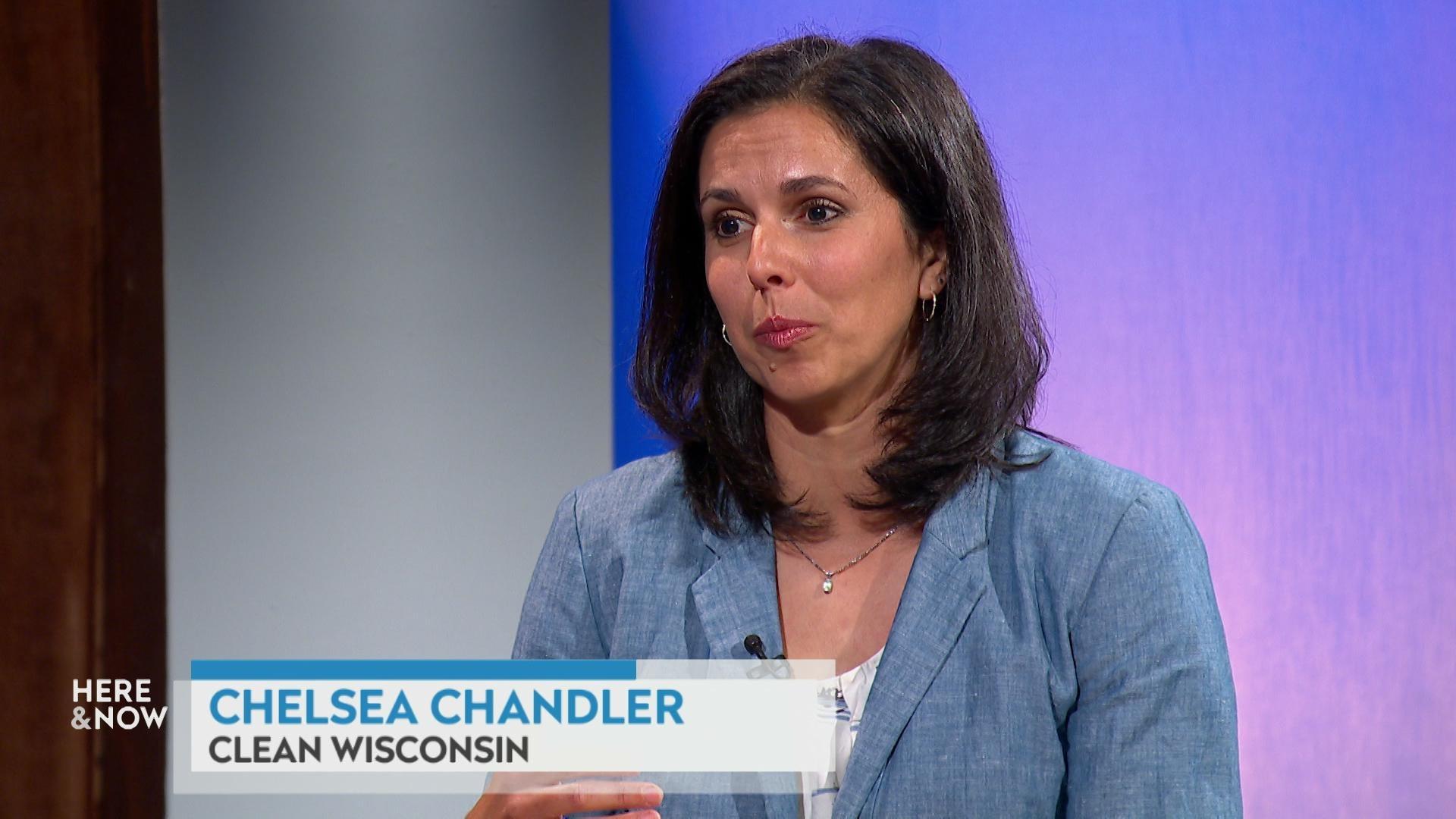
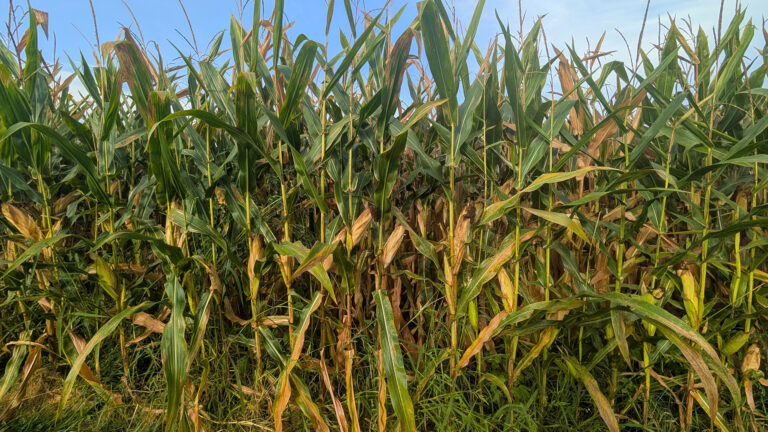
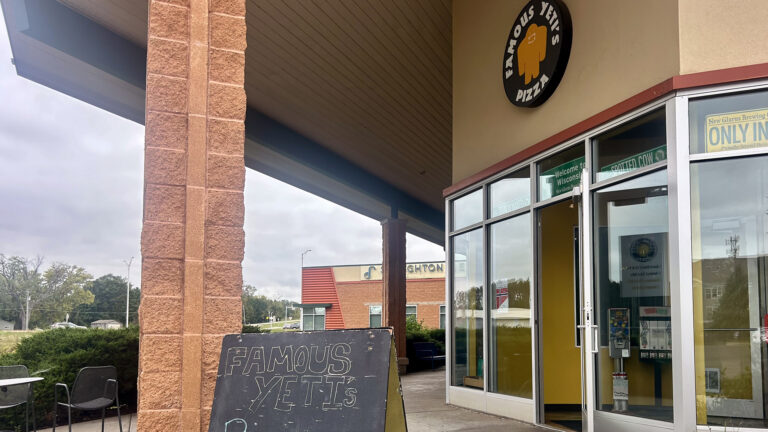
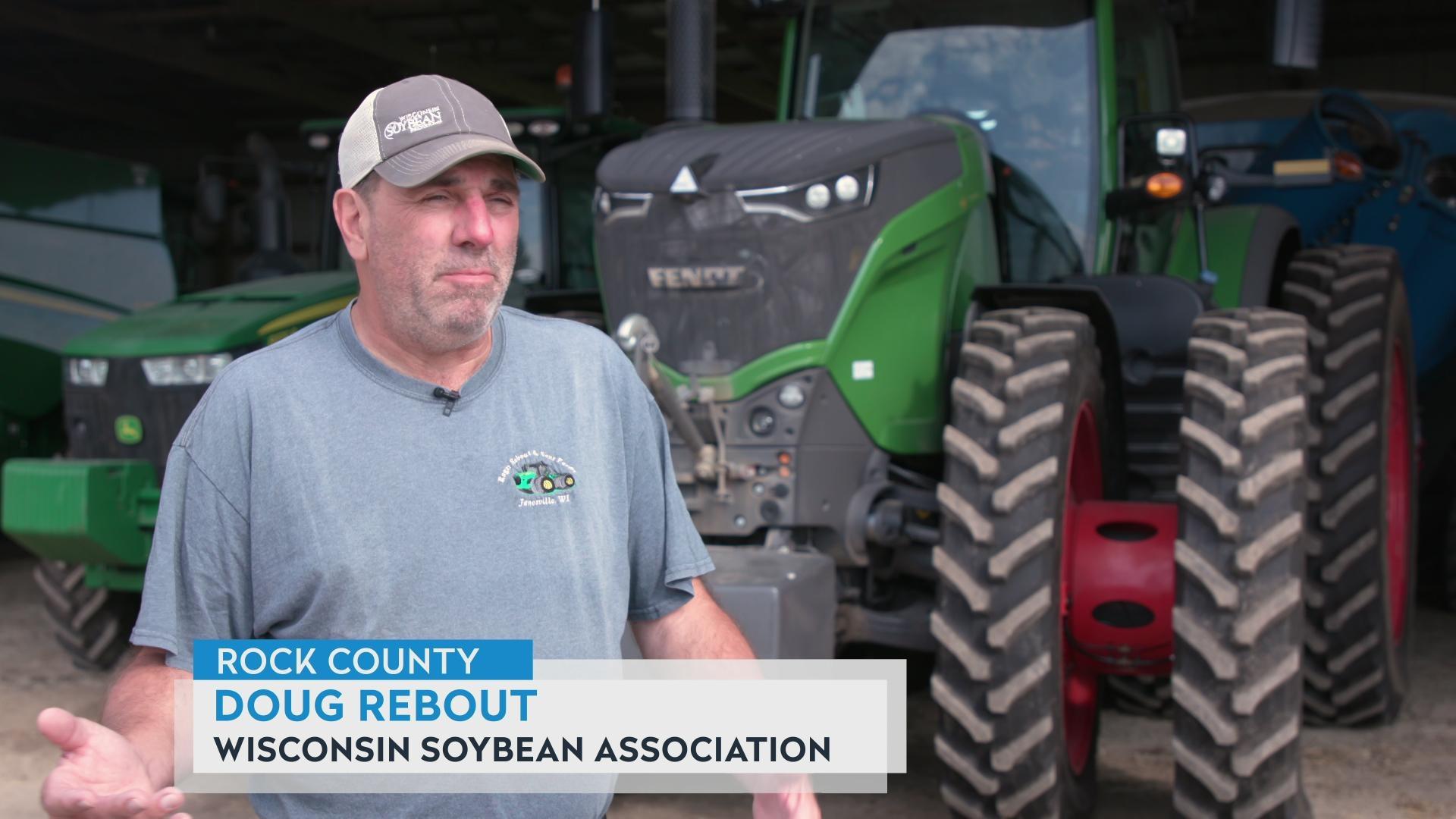
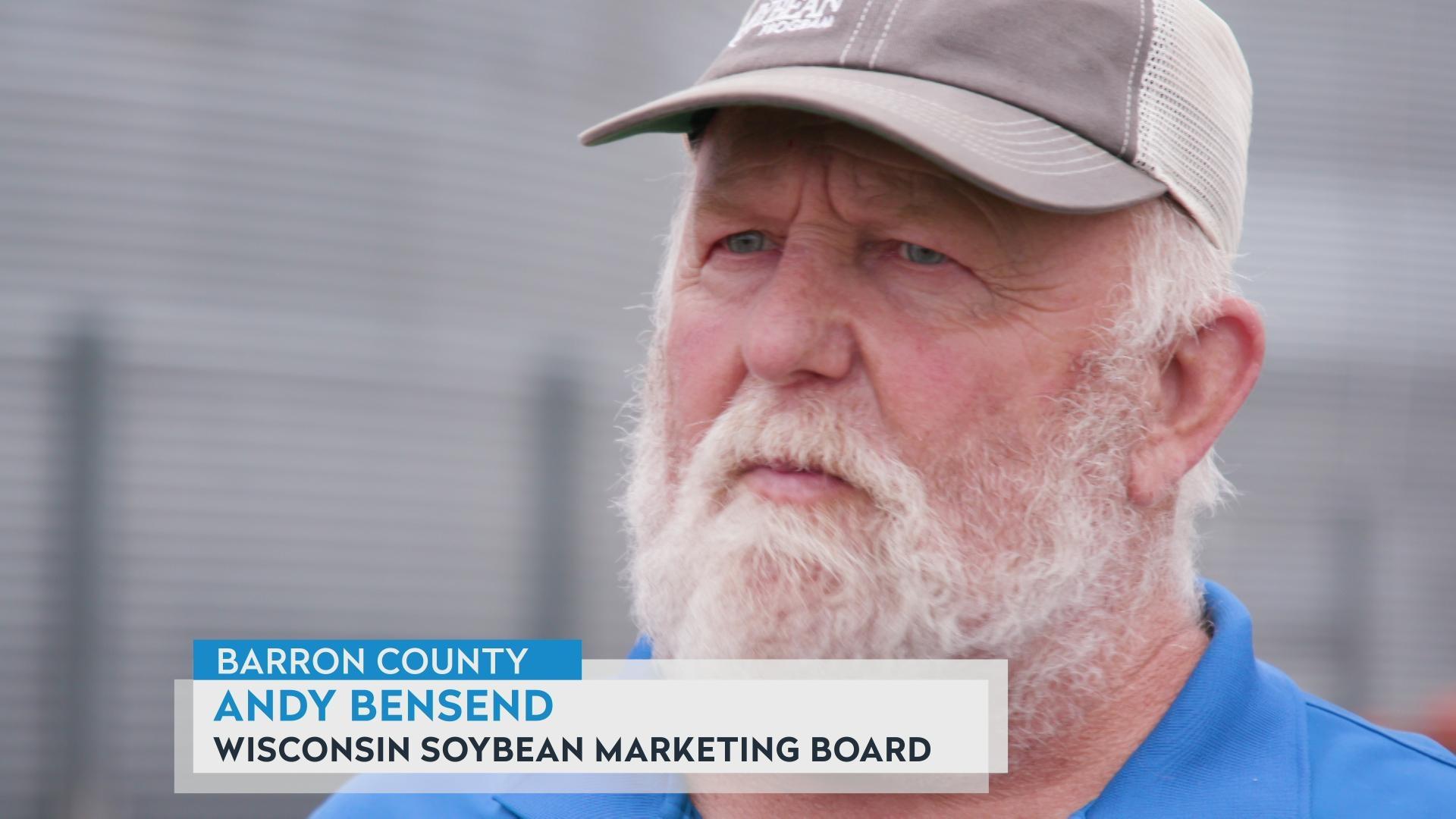
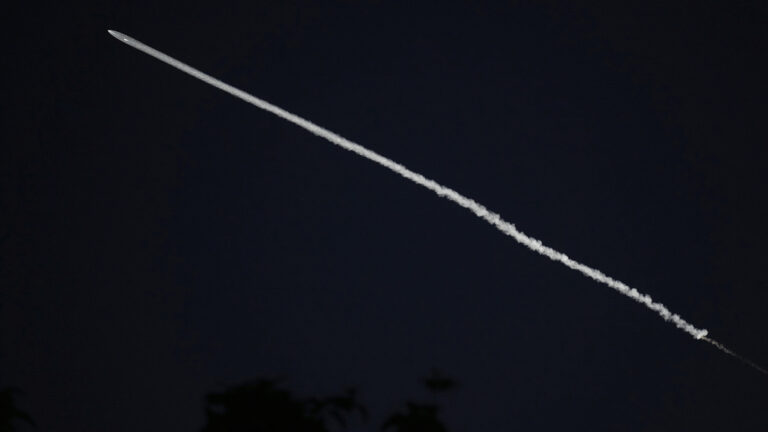

Follow Us